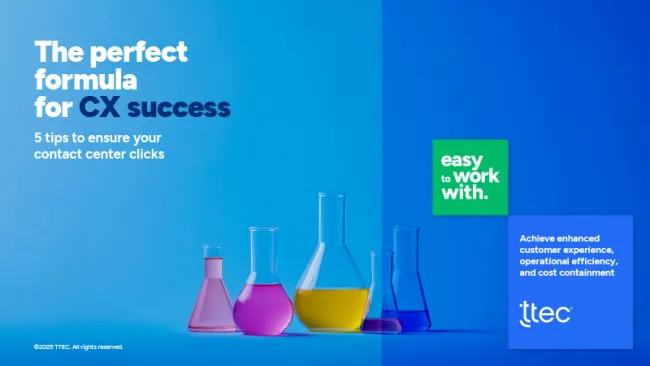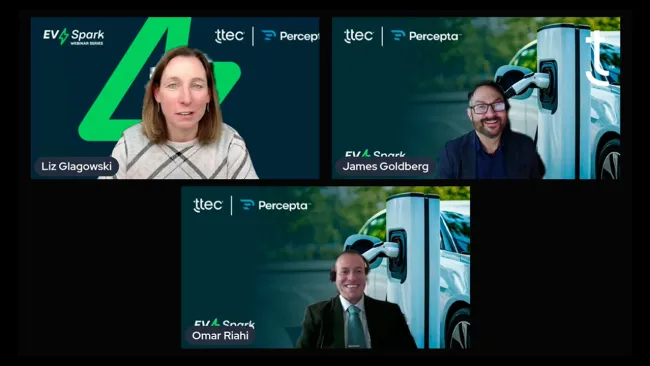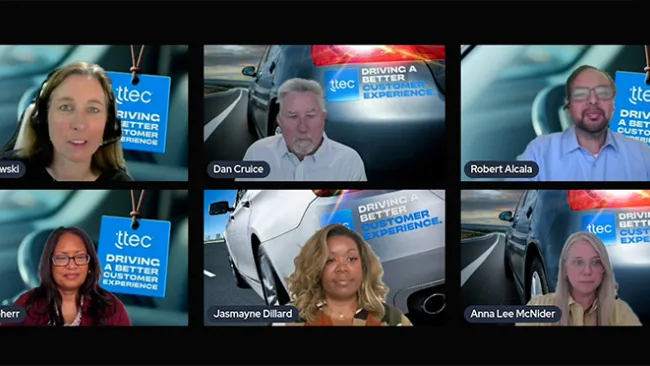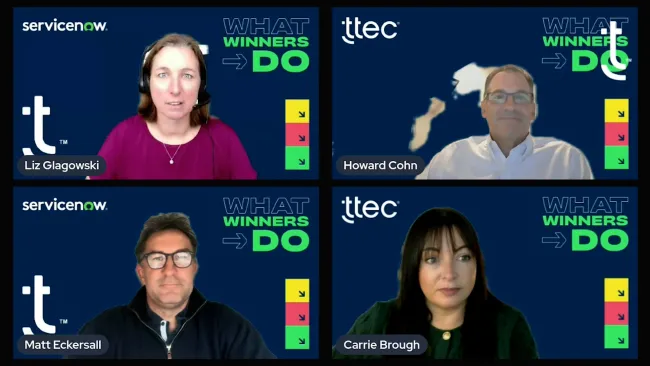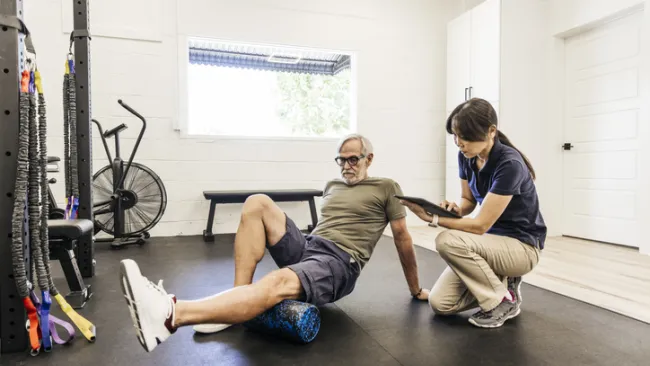If you make calls to the Middle East, Africa, or Asia, chances are Etisalat has something to do with it. The UAE-based telecom provider operates in 18 countries and serves more than 100 million customers. It provides mobile and fixed-line voice and data services to individuals, enterprises, and international telecommunications companies, ISPs, content providers, and mobile operators. It is the largest carrier of international voice traffic in the Middle East and Africa and the 12th largest voice carrier in the world.
In 2009 Etisalat received numerous industry awards for innovation and customer service. Group Chief Marketing Officer Essa AlHaddad attributes the company's success to its customer focus, as well as the flexibility to act in the best interests of each operating company's local customers. Here, he discusses Etisalat's approach to customers and how it connects local innovation with the larger group network.
Customer Strategist: What is Etisalat's approach to customer strategy?
Essa AlHaddad: We have a vision that we operate in a world where people's reach is not limited by distance. Our competitors, wherever they are, want to cherry-pick our high-end customers both in the consumer and business segments. We need to pursue a strategy for both of those market segments that will make sure that not only do we keep them as our customers, but we also delight them with the experience of being our customers.
Many of our customers place their loyalty with operators who not only understand their telecom needs but also provide them a mix of services that meet those needs. Our strategy goes beyond meeting those needs. For instance, if you are a business customer you are given dedicated access to an account management team, which in some cases are physically based in the customers' office. And high-value consumers have access to their own dedicated call center. That strategy makes them feel valuable, and makes the customer service itself a differentiator. We want our customers to always consider us as the operator of choice.
CS: Why did you decide to pursue such a strategy in this economic climate?
EAH: Telecom voice revenue is generally under threat, and to compensate for the loss of revenue, it's very important that we identify customers' key services and build on their customer experience to maintain them, thereby hopefully minimizing the potential churn to our competitors. In most of the countries, we operate in very competitive markets. And as such it's important that we prepare ourselves and recognize that in [that environment] we could lose customers, so we need to refine our customer strategy that takes into consideration this reality.
CS: How do you deliver a consistent customer strategy throughout the organization?
EAH: It's important to have adoption at the leadership level for customer excellence. Within Etisalat we have executive sponsorship not only with myself as the group CMO, but all the way to the CEO of each operating company. In the UAE for example, we have an enterprisewide customer experience excellence program under his leadership. The idea is for the people who touch the customers on a daily basis or people who make decisions that have an impact on the customer to have the right tools, and also the attitude and the motivation to address and answer the customer's needs and solve his problems. We don't want employees to just follow instructions; we want them to feel for the customer and go the extra mile.
It's not an easy journey. In our organization, we are a challenger in one place and an incumbent in another. If you're a challenger implementing such a program it's far easier than if you are an incumbent operating for quite a while. Which is why, for the UAE, we decided that the customer experience excellence program needs sponsorship at the executive level to hammer the message home for everybody that it is key to our business practices.
CS: How does your customer strategy play out across your 18 different markets? How do you build synergies among different subsidiaries?
EAH: We recognize the importance of acting local, so we can stay relevant with customers in the market we are serving. But to compete effectively we need to share and leverage the experiences that we have. As a result, we have established centers of excellence in key markets. If a department or function within a group has developed a product, solution, or idea, then that operation becomes the center of excellence for that idea itself. So, the idea is to engage the operational team in their respective operating company to own an initiative or an idea that they have implemented. We take an idea or a solution implemented in one area and, at the group level, take that idea, customize it, work with it, and adapt it to other areas.
In a way, we treat our operating companies like a lab for customer market innovation. We like to experiment with various programs. For instance, we put a mobile banking solution in one market and perfect it so it's easy to implement and track. Then we take that idea and cut it across to other areas and customize it to see how it will fit in the other operations.
CS: How do you maintain consistency among your operations around the globe?
EAH: We operate on various continents—we are in Africa, Asia, and the Middle East—and each one offers its own customer experience. But when you walk into one of our shops, the actual business process—the applications, the process of being served, the look and feel of the chairs and the tables, the collateral provided—is consistent with Etisalat. In a way you know you are in an Etisalat shop. It might be Nigeria, it might be Egypt, it might be UAE, but you will get the feel and look of the Etisalat brand. And of course, most important is that you will have the same level and feel of the experience.
CS: What are your next steps when it comes to understanding customers and sharing that across the organization?
EAH: One of the key next steps is developing a group-wide loyalty program. We have certain loyalty programs that cut across various operations, but on a group level it's very important to develop a unique customer loyalty program. The idea behind that is that we are in a very competitive market and it's important that we be able to build brand loyalty and keep the customer. We recognize that this is one of many ways to satisfy the customer. I believe on a group level that, especially in areas where our customers move within our footprint, you will need to have a loyalty program that will reward him for being a customer with us.
We have programs within certain operating companies, but the idea is to cut that across our entire footprint to make sure that customers feel that they are part of a bigger picture. That's what's key. We will not be the cheapest, so a customer needs to feel he is part of a bigger picture so that he will stick [with us] because we will satisfy his needs and deliver the same experience when he goes from Nigeria to UAE, and he will be able to get better rewards for his telecom spend.
CS: What is your biggest customer priority in the next year?
EAH: It's a very crowded business marketplace, so our biggest customer priority in the next year is finding a way to be operator of choice for customers at all times. To be able to do so, it will be important for us to gain customer loyalty on an emotional level—engaging the customer's heart and mind. This is really the key element to gaining loyal and committed customers.

